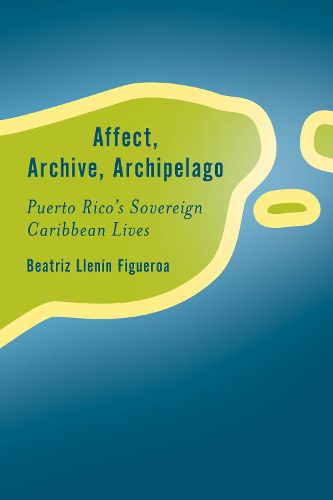Readings Newsletter
Become a Readings Member to make your shopping experience even easier.
Sign in or sign up for free!
You’re not far away from qualifying for FREE standard shipping within Australia
You’ve qualified for FREE standard shipping within Australia
The cart is loading…






Towards Puerto Rico’s Decolonial Futures draws from apparently disparate materials and disciplines-history, political platforms, alternative political arrangements, live arts, and literature-in an effort, first, to analyze how decolonization and Caribbean regionalism have been envisioned in Puerto Rico and, second, to present the contexts and perspectives needed for imagining possible decolonial futures for twenty-first century Puerto Rico.
Taking its most immediate cue from Puerto Rico’s summer 2019 rebellion, the book argues that Puerto Rico needs a non-hierarchical form of decolonizing politics that includes collective leadership and a participatory democracy model for deliberation and decision-making, following the example of communitarian, autonomous sovereignty currently being deployed in the archipelago. It further contends that decolonizing Puerto Rico demands envisioning it as the archipelago that it is, situating at the forefront of our imagination and our political will Puerto Rico’s maritime identity within the shared geopolitical and historical condition of the Caribbean.
$9.00 standard shipping within Australia
FREE standard shipping within Australia for orders over $100.00
Express & International shipping calculated at checkout
Towards Puerto Rico’s Decolonial Futures draws from apparently disparate materials and disciplines-history, political platforms, alternative political arrangements, live arts, and literature-in an effort, first, to analyze how decolonization and Caribbean regionalism have been envisioned in Puerto Rico and, second, to present the contexts and perspectives needed for imagining possible decolonial futures for twenty-first century Puerto Rico.
Taking its most immediate cue from Puerto Rico’s summer 2019 rebellion, the book argues that Puerto Rico needs a non-hierarchical form of decolonizing politics that includes collective leadership and a participatory democracy model for deliberation and decision-making, following the example of communitarian, autonomous sovereignty currently being deployed in the archipelago. It further contends that decolonizing Puerto Rico demands envisioning it as the archipelago that it is, situating at the forefront of our imagination and our political will Puerto Rico’s maritime identity within the shared geopolitical and historical condition of the Caribbean.